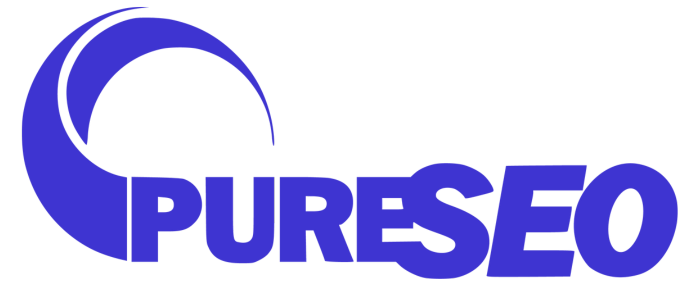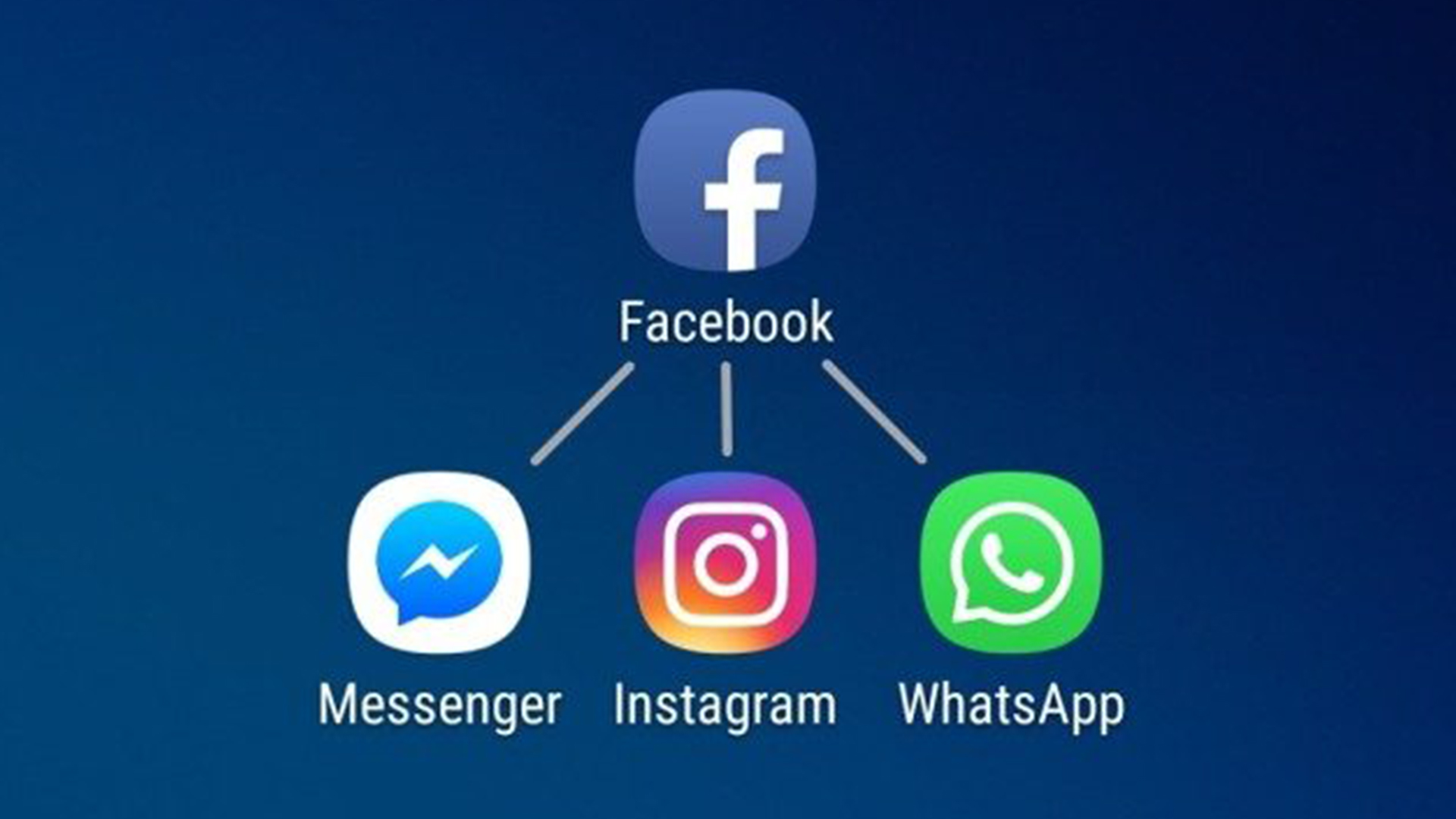
Significant changes are coming to Facebook’s ad targeting options early next year for advertisers and marketers. These changes focus on user data that could be considered sensitive or controversial. In this blog post, we go into detail on the Facebook’s new ad targeting system, and what the coming change means for you.
How Facebook’s Targeting Works Currently
The value of Facebook advertising lies in the platform’s ability to segment its users into thousands of demographics, allowing marketers to target groups of people very accurately.
Facebook allows marketers and advertisers to narrow their audience by including or excluding categories like age, gender, location, interests, job titles, education, languages, relationship status, and more.
Much of the information Facebook gathers from users is provided by users (your About page on your profile gives Facebook much of what it needs to show you relevant ads), but Facebook also learns a great deal about you through your behaviour and engagement. This includes the type of content you’re most likely to like, share, or comment on, as well as the pages you follow. Facebook calls this detailed targeting and it gives marketers more options to tailor their advertising campaigns.
If you routinely like and comment on posts about the All Blacks, for example, and follow the Facebook page for SANZAAR, Facebook will conclude that you are interested in New Zealand Rugby Union. They might then show you ads for Rugby merchandise if an advertiser selects this as a targeting option.

Facebook targeting options for “search engine”
The Problem with Facebook’s Targeting
Negative Engagement
Facebook is an engagement-driven medium, but what we engage with matters more to Facebook’s targeting metrics than how we engage with it. For many, online engagement is not so much encouraged, as it is provoked. Researchers at Cambridge University found that negative online content (being critical of others’ beliefs or behaviours) generated twice as many shares as positive content (celebrating or uplifting others’ beliefs and behaviours).
This poses a marketing problem for anyone attempting to advertise within politically-charged areas.
Privacy Regulations
Facebook protects the identity of its users from the marketers that target them, but it still collects and stores that data for targeting purposes. This type of data collection has become a lightning rod for online regulation in recent years, as governments around the world take steps to safeguard people’s online privacy.
The European Union passed the General Data Protection Regulation (GDPR) in 2018 to do just that. The law prevented Facebook and other online platforms from targeting people without first acquiring explicit consent from each user individually. Those parameters focused on demographics that could be exploited for discrimination, such as political beliefs and sexual orientation.
Facebook has spent the past few years opposing these regulations in the EU, arguing that these targeting options allowed for a more customised user experience, but their upcoming targeting changes make it seem like they are conceding.
A Closer Look at Facebook’s Targeting Changes
From 19 January 2022, Facebook will be removing detailed targeting options relating to culturally or politically polarising topics such as health, political affiliation, race or ethnicity, religion, and sexual orientation. All the targeting options Facebook will remove are based on how users interact with content on the platform, rather than any personal attributes or physical characteristics.
Facebook generally prefers hyper-personalisation of ads compared to a broader approach. According to Facebook’s VP of Product Marketing & Ads Graham Mudd, “We strongly believe that the best advertising experiences are personalised. They enable people to discover products and services from small businesses that may not have the ability to market them on broadcast television or other forms of media.”
So, why is Facebook making the change to limit more specific targeting? Largely, discrimination. In their 9 November announcement, Facebook acknowledged that they received advice from civil rights experts, policymakers, and other stakeholders on mitigating this abuse of available targeting options.
“We’ve heard concerns from experts that targeting options like these could be used in ways that lead to negative experiences for people in underrepresented groups,” Mudd said. “We routinely review, update and remove targeting options to simplify our ads system, provide more value for advertisers and people, and reduce the potential for abuse.”
Facebook hopes that removing the most sensitive ad targeting options will minimise this abuse and disincentivise discrimination. However, Facebook has also advised that some companies (specifically non-profits and political advocacy groups) have been resistant to the change as their revenue streams are heavily reliant on these existing targeting options.
How Facebook’s Targeting Changes Will Affect Marketers
While these sensitive categories will be removed from Facebook’s targeting options, the core function of detailed targeting remains intact. Tens of thousands of categories are still available to companies and marketers to target their niche audience.
Businesses and non-profits that operate within these fields can still reach their target audience with “Engagement Custom Audiences,” targeting users who have liked their page or watched their videos—an indirect but not insignificant way to reach similar people as before.
How Facebook’s Targeting Changes Will Affect Users
For regular Facebook, Instagram, and WhatsApp users, many detailed targeting categories will remain. Users will still see ads targeted to them as usual. Facebook is hoping this change will continue to deliver these targeted ads, but with less abuse of the system resulting in discrimination or spamming of users.
Always Reach Your Audience with Pure SEO
The social media marketing experts at Pure SEO can guide you through the competitive landscape of digital marketing and advertising, from small start-ups to established companies. Our team is comprised of friendly experts who are dedicated to helping your company succeed in the SEO space. Contact us today to get started!


















